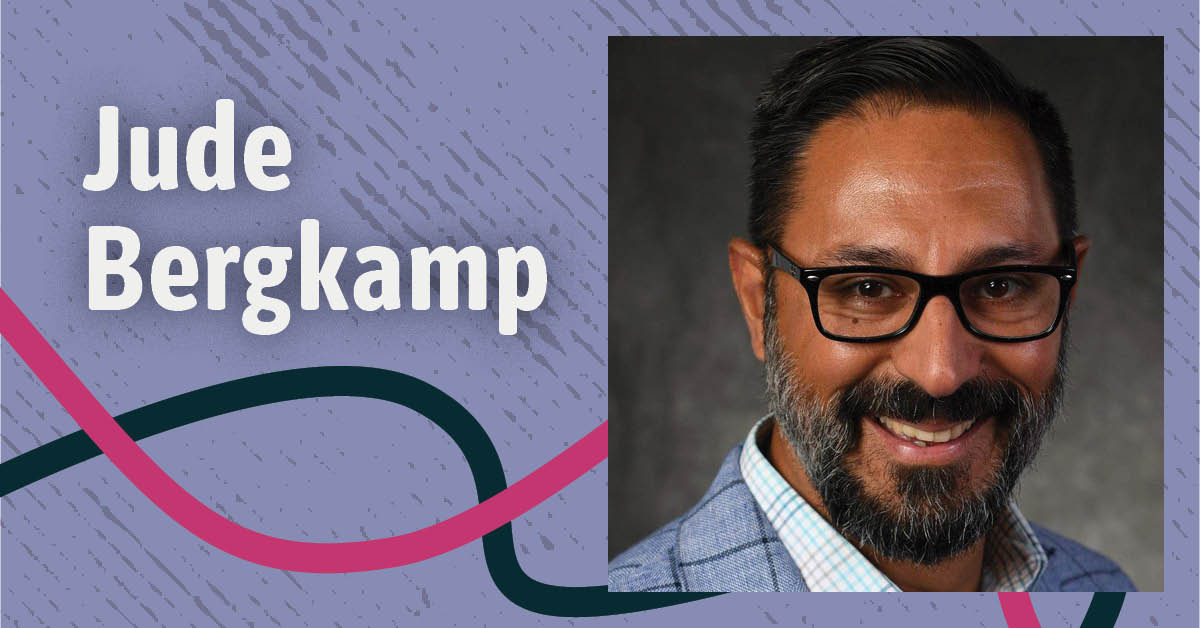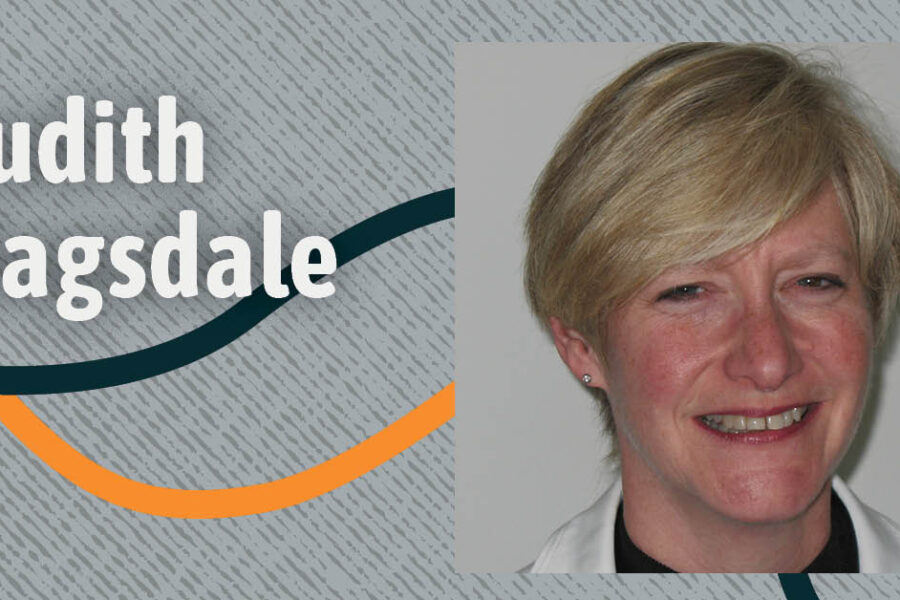At the 2019 annual conference of the National Council of School and Programs of Professional Psychology (NCSPP), an organization that brings together psych educators from graduate programs in psychology across the country, Dr. Jude Bergkamp, Chair of the PsyD in Clinical Psychology program at Antioch Seattle, who serves as the organization’s Ethnic & Racial Diversity Chair, thought it would be a good idea to get BIPOC doctoral students in attendance together to talk about their experiences. The students, from different programs and backgrounds, found not only common ground and community, but also a sense of freedom through anonymity that set the NCSPP group apart from POC support groups they’d previously encountered – in this case separation from their home campuses lent a unique opportunity for self-expression without fear of repercussions in their daily lives.
For participating students, the informal group at the conference was so beneficial that they decided to form the NCSPP Students of Color Council (SOCC). “They enjoyed each other’s company, and there was this intrinsic motivation when they were together that was very inspiring,” Bergkamp remembers from that first gathering in 2019. “After the conference they missed that experience of being together and decided to form a sort of target liberation group.” Bergkamp and the student leaders make it clear that this group is not a support group. The goal is not to sympathize or commiserate as so often happens, but to uplift and amplify voices of psychology graduate students of color. They want to create change so that the issues that make it sticky for students of color to gather and engage in discourse, no longer exist.
Tapping into the Zeitgeist
Consider the interim years between that 2019 conference and now, late 2021. They were/ are pandemic era, so the group, like society at large, has experienced hindrances and slowdowns in their process. At the same time, the basic mission at the core of the group – BIPOC equity and acknowledgment of power imbalances, abuses, and privilege – is being amplified at a national level. Bergkamp attributes the overwhelmingly positive response to the formation of the SOCC to good timing (as well as great people). Its mission tapped into the general Zeitgeist, and the group’s continued momentum and progress is aligned with major social and political developments. Now, the SOCC’s efforts are now showing tangible results. They were asked by the board of NCSPP if they would be willing to give feedback on ways graduate programs might better support BIPOC students. In response, the SOCC provided a ten-point list of suggestions, including items like: BIPOC students are not just BIPOC students; Stereotype threat impacts our sense of belonging; Be aware of misnomers like, “things take time.” It was so well received that they were invited to present the list as keynote speakers at the next conference in January 2022. They have also been invited to publish the work. The students will be the lead authors on the manuscript. Bergkamp sees both opportunities as having major implications and potential for the field of psychology as a whole as well as for the current system of psych education and clinical training.
Since its inception, the group has registered ninety members/ attendees, and thirty-forty of those consistently participate. Claudia Miranda, a student at the Wright Institute in Berkeley, and Michelle Martinez, a doctoral candidate in Clinical Psychology at Midwestern University, have been leaders and instigators for the group since its inception. The group runs panels for incoming and prospective students, discussing the nuts and bolts of navigating the process and offering their own experience and knowledge as a peer resource.
Bergkamp, who sees his role as that of both a personally and professionally invested advocate and accomplice, has learned and grown from the experience of working with the group as well. As BIPOC faculty and program chair, he’s taught social justice and cultural competency courses for years. These courses tend to get poor course evals from students and Bergkamp has long suspected that one reason for this is because they (and his method of teaching them) challenge the status quo, centering the minority perspective as opposed to the majority. In these courses they address issues of power and privilege, socially conferred power dynamics, and the bare facts of inequality. He notes that the class often digresses into “colorblind rhetoric go around.” All this can result in quite an uncomfortable atmosphere for many. He used to think he should figure out a way to improve ratings for those classes, but through working with the SOCC he’s coming to realize that perhaps these ratings indicate that he’s doing his job right, rocking the boat in just the way it needs.
“I use the word accomplice to describe my role with the SOCC because I feel, in a sense, that we’re getting into a little bit of good trouble,” says Bergkamp. “There’s always some discomfort inherent to change, which we shouldn’t be afraid of. Instead of diluting the message to make it more accessible, we need to leverage the communication and ask others to meet us where we are.”
A Shifting Landscape
The field of psychology, like so many systems, is part of a colonial legacy. Much of what is taught today grew out of western, white-centered traditions and materials. One of the things the SOCC has discussed at length is related to a widely shared sense that in order to become a “good psychologist” they must sever parts of their identities in order to fit the accepted image of what that means. Historically (and it persists today) the accepted image of a good psychologist was someone like Freud or Jung – a white man. Bergkamp has noticed over the course of his career the extra efforts that psychologists of color make to legitimize themselves. “Many seem to feel they need to accumulate as many credentials and accomplishments as possible to receive the same respect as white professionals,” he says. The questions these BIPOC psychologists in training have for the field at large are things like: What are the harmful underlying assumptions active in the field of psychology and clinical training? How to best serve BIPOC populations? What are BIPOC students asked to sacrifice in order to succeed and how is this different from the experience of white students?
“I can’t say everything that needs to change as we are just entering into this new territory and conversation,” Bergkamp says. “But one thing is that we must broaden the definition of what makes a good psychologist.”




